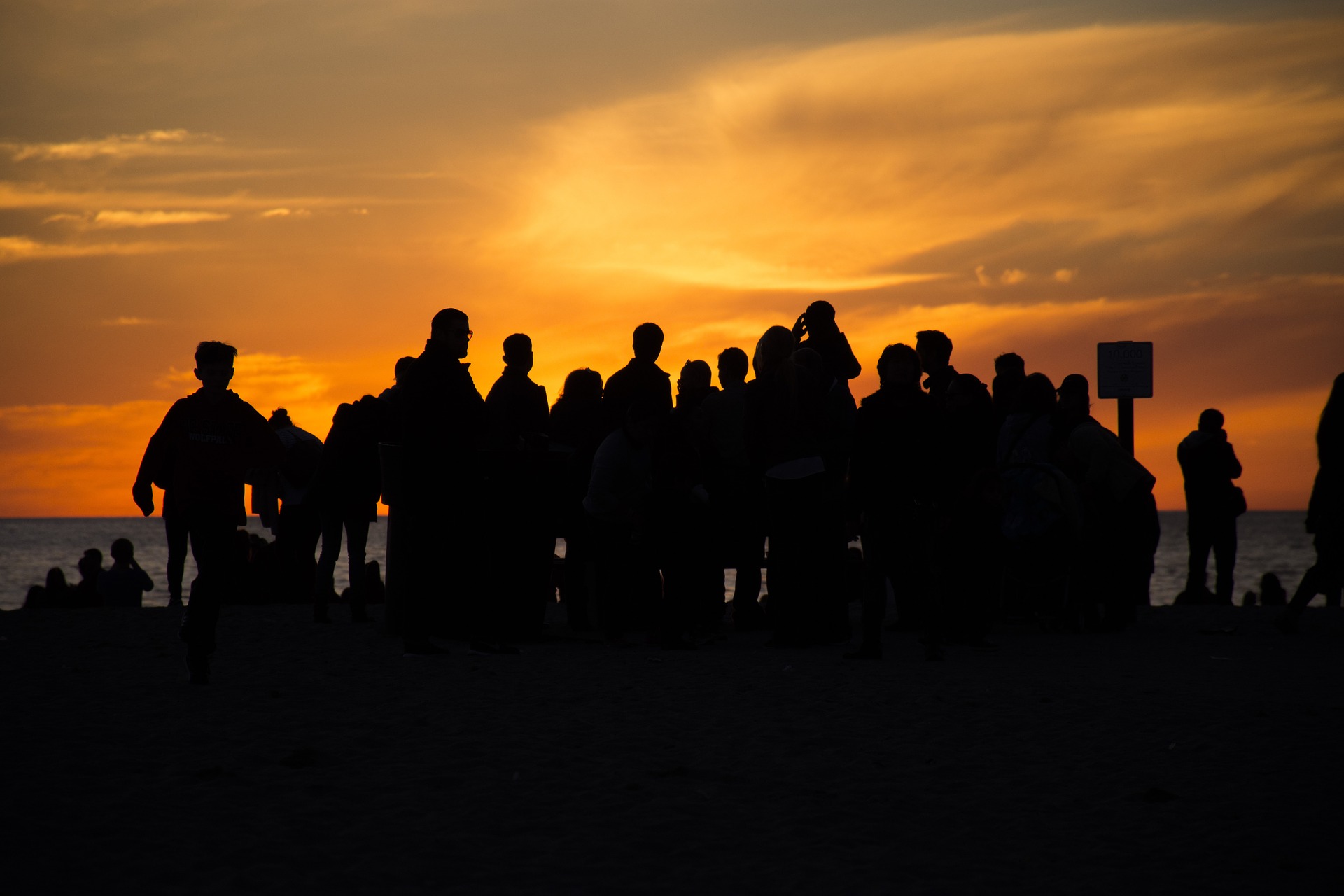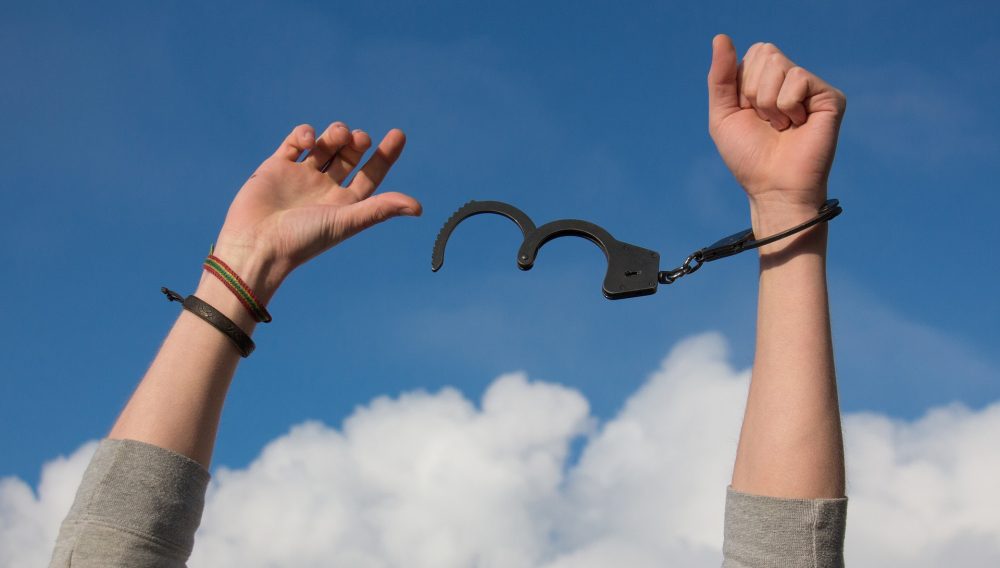It’s one of the oldest and most important human rights we have. Everyone has the right to liberty and security of person – but what does that actually mean, and why do we need it?
First, a little bit of history
The right to liberty has been part of UK law for centuries. Magna Carta, a hugely important symbol of respect for human rights and civil liberties, is still partially in force today to protect against unlawful imprisonment.
In 1679, the UK parliament passed the Habeas Corpus Act. Habeas Corpus is a fundamental principle of any democratic and liberal society. It means whenever someone loses their liberty (for example, after being arrested) it must be justified by a lawful reason, and open to review by a court of law.
Nowadays, we have Article 5 of the Human Rights Convention. Article 5 has been part of UK law since the Human Rights Act 1998 came into force. This means anyone whose freedom has been taken away from them can rely upon it in UK courts.
Here’s a brief guide to how the right to liberty works, and why it’s so important in modern society.
Lawful and unlawful detention

Article 5 guarantees the State cannot deprive people of their individual freedom without good reason. This principle is fundamental to a free society, and any country that doesn’t protect it is no real democracy.
The right to liberty doesn’t mean that people who commit crimes can’t be imprisoned. What it does mean is that whenever the State deprives anybody of their individual freedom, it can only do so if it follows the rules set out in Article 5 itself.
What the rules mean in plain English

When the State has a reasonable suspicion that someone has committed, or is likely to commit, an offence, it must charge and bring them to trial within a reasonable timeframe.
When the UK government tried to lock up suspected foreign terrorists indefinitely, without bringing any charges against them, the UK’s highest court said this violated their right to liberty and security of person. This decision led to a change in the law against terrorism.
Public security v Individual liberty: a balancing act

Whenever the state takes away somebody’s liberty, it must be necessary to protect a legitimate interest, and must be the least invasive possible measure to achieve that aim.
In plain English, this means the State can only interfere with the right to liberty if the need to protect the public requires it.
When the police try to control protest marches or demonstrations because of a risk to public order, this right is especially important. Controversial police tactics which limit protesters’ freedom to move – such as kettling – have been allowed by courts, as long as the police can show they are necessary to maintain public order.
Similarly, protesters on the day of the Royal Wedding were detained without charge, until police were sure they no longer posed a risk to public order. This too was legal – the Supreme Court said that while the right to liberty couldn’t be arbitrarily restricted, this shouldn’t make it ‘impractical’ for police to do their jobs.
The right to liberty and security matters for everyone

The right to liberty and security doesn’t just protect people charged with criminal offences. For example, if you were arrested without being told why, in a language you understood, you would also be able to rely on Article 5.
In a recent case, three people with disabilities challenged their conditions of care in the Supreme Court, because their accommodation arrangements were not subject to regular reviews (in the same way as prisoners receive parole hearings, for example). The Supreme Court said Article 5 should apply in the same way to people of all abilities.
Human rights have a universal character and physical liberty is the same for everyone, regardless of their disabilities. What would be a deprivation of liberty for a non-disabled person is also a deprivation for a disabled person.
The right to liberty and security is important to us all, and we must make sure people are aware of it.
Want to know more about this kind of stuff?
- Read RightsInfo’s infographic on the right to liberty
- See more on the case of the rights of people in care homes
- Check out our story on the zombie protestors at the royal wedding







